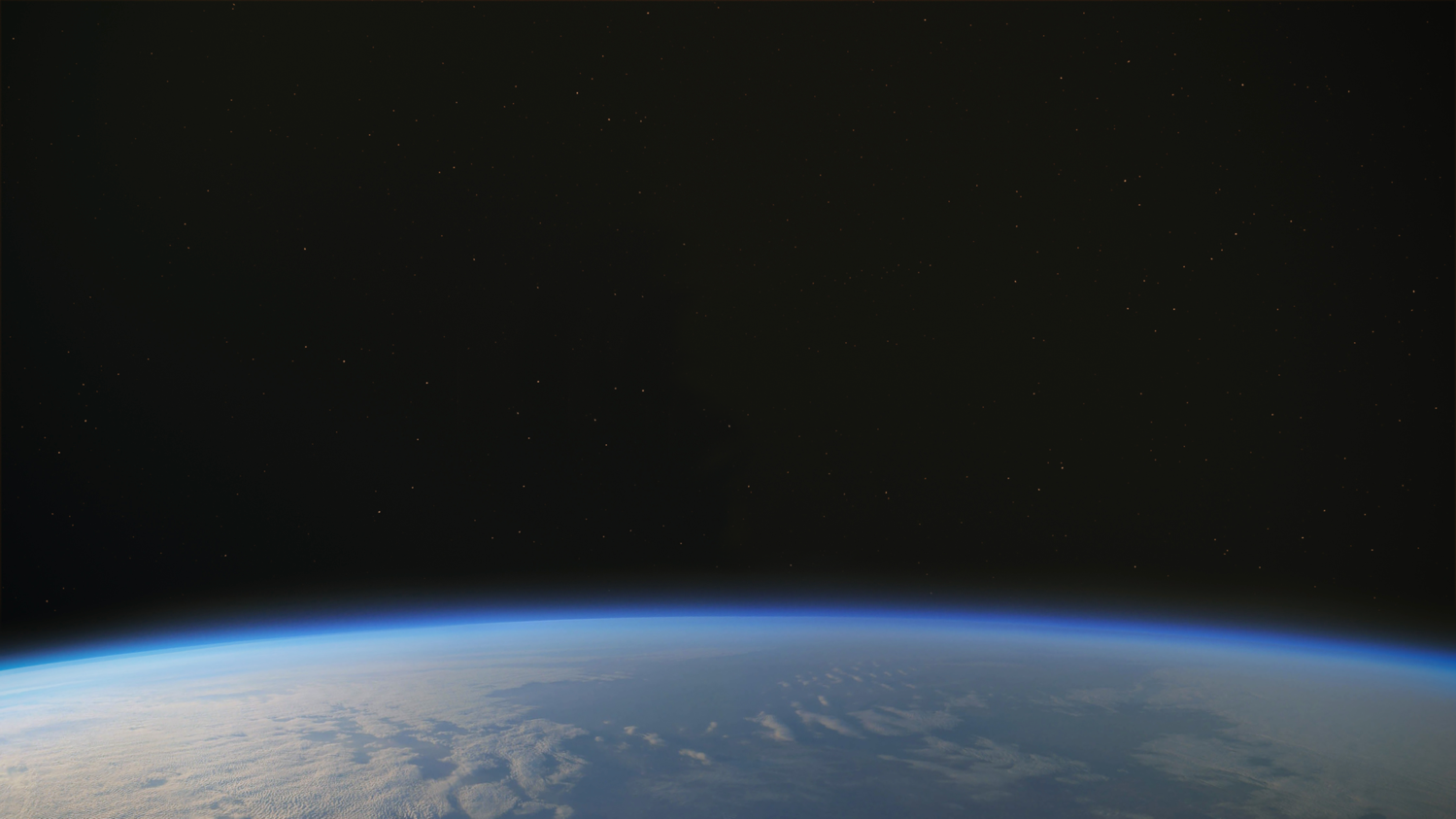
Taking Bio to the Next Frontier:
How the Space Renaissance Can Benefit Life Sciences
Dr. Erika Wagner (The Exploration Company) speaks on a panel with Shelby Giza (Space Tango), Dr. Nicole Wagner (LambdaVision), and Dr. Ariel Ekblaw (Aurelia Foundry)
Aurelia Foundry and E2MC were pleased to host an exclusive salon event bringing together the biotech and space industries to discuss the increasingly important intersection for orbital, microgravity-enabled biotechnology. The space environment offers several unique advantages to the life sciences industry–from surface tension-dominated fluids, to the absence of sedimentation and convection–while also posing a novel operating domain where traditional biotech would benefit from experienced mission integrators, R&D advising, and regulatory guidance. This event brought together approximately 50 leaders from the local, national, and international life sciences community to discuss these topics and build a first-of-its-kind industry consortium. To provide a comprehensive view of what space can offer, speakers included investors, researchers, astronauts, and biotech startup founders conducting or enabling research in microgravity.
We heard from Davide Marotta, Program Director for In-Space Biomanufacturing at the ISS National Lab, who highlighted the space station’s key role in developing numerous spinoffs, including drugs and other medical treatments. Major experiments the ISSNL has conducted include organoid tissue development [1,2,3] and protein crystallization studies [4,5,6]. The ISS, and the commercial space stations that will soon replace it, will play an increasingly important role in the development of therapies, medicines, and medical devices of tomorrow.
Space biotech entrepreneur and CEO of LambdaVision, Dr. Nicole Wagner spoke about leveraging microgravity to develop and manufacture artificial retinas that will be able to cure degenerative eye diseases. The company is a prime example of the intersection of space and bio, as the protein layering process required to do this can be achieved with far greater quality (less defects) in space. Through collaboration with the ISS, LambdaVision has been able to prove out their tech with nine launches to orbit to date. Lambda Vision is a spinout of the University of Connecticut and a portfolio company of both Aurelia Foundry and E2MC.
Center for Strategic and International Studies [7]
With declining costs to access space–an order of magnitude less than the cost just a decade ago–more and more companies are looking to enter or partner with the space sector [7]. We have seen a growing number of startups pursuing business cases that previously would have been prohibitively expensive, and established incumbents seeking out space-enabled innovation. This is driving enormous growth for the sector. Morgan Stanley and Citi estimate the entire space economy to grow to $1T by 2040, while Bank of America expects it to reach $1.1T by 2030 [8,9,10], and a McKinsey analysis concluded that companies developing novel oncology drugs in space could realize $1.2B net present value, on average per drug [11].
The marriage of space and biotech is rapidly gaining momentum. Just last year, Varda Space Industries, a growth stage startup designing, building, and operating spacecraft to manufacture pharmaceuticals in orbit, raised a $90M Series B and, in February, conducted their first successful commercial reentry [12,13]. This paves the way for the production of drugs and other substances in space, and their safe and regular transport back to Earth, to become commonplace. Numerous other companies are working on various parts of the reentry and in-space manufacturing value chains, ensuring that in the future, pharmaceutical and biotech companies will have access to space with support through every step of the process.
We encourage all leaders in the life sciences community to explore how they can leverage space to improve products or introduce wholly new ones. Reach out to the Aurelia Foundry and E2MC teams–we are always happy to discuss the growing intersection of space and biotech or connect you with our highest performing portfolio companies. We plan to turn this into an annual event–reach out to learn more and stay connected with our space & biotech community.
Citations:
Effects of simulated microgravity on colorectal cancer organoids growth and drug response - https://www.nature.com/articles/s41598-024-76737-8
Spatio-temporal dynamics enhance cellular diversity, neuronal function and further maturation of human cerebral organoids - https://www.nature.com/articles/s42003-023-04547-1
Effects of microgravity on human iPSC-derived neural organoids on the International Space Station - https://academic.oup.com/stcltm/article/13/12/1186/7833382
Protein Crystal Growth in Microgravity - https://www.science.org/doi/abs/10.1126/science.2510297
Microgravity protein crystallization - https://www.nature.com/articles/npjmgrav201510
Perfect Crystals: microgravity capillary counterdiffusion crystallization of human manganese superoxide dismutase for neutron crystallography - https://www.nature.com/articles/s41526-023-00288-x
Space Launch to Low Earth Orbit: How Much Does It Cost - https://aerospace.csis.org/data/space-launch-to-low-earth-orbit-how-much-does-it-cost/
Morgan Stanley Global Space Economy - https://www.morganstanley.com/Themes/global-space-economy
Space: The Dawn of a New Age - https://www.citigroup.com/global/insights/space_20220509
The New Space Era: Expansion of the Space Economy - https://newspaceeconomy.ca/wp-content/uploads/2023/08/expansion-of-the-space-economy-january-2023-3.pdf
The potential of microgravity: How companies across sectors can venture into space - https://www.mckinsey.com/industries/aerospace-and-defense/our-insights/the-potential-of-microgravity-how-companies-across-sectors-can-venture-into-space
Varda Announces $90 million Series B Funding to Build Factories in Space - https://www.prnewswire.com/news-releases/varda-announces-90-million-series-b-funding-to-build-factories-in-space-302108949.html
Varda Space Industries Makes History with the First Successful Commercial Space Reentry in Australia - https://www.prnewswire.com/news-releases/varda-space-industries-makes-history-with-the-first-successful-commercial-space-reentry-in-australia-302388274.html


